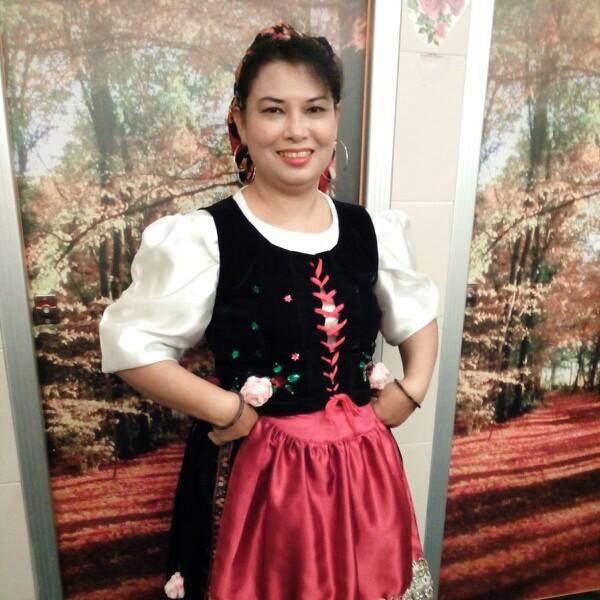Malacca City: the Nativity play in Kristang, the language of Portuguese descendants
As Christmas approaches, the community in the multicultural coastal city is dusting off its traditions, starting with its endangered creole language. Catholicism began to spread in Malaysia from Malacca City. For Sabine Ferrao, the play’s producer, although the language is in decline, “There is hope for the future.” The Star newspaper calls the play, a “Xmas to remember”.
Malacca City (AsiaNews) – With Christmas just around the corner, Malacca’s Kristang community gathered for the “Natividad de Natal", a traditional sacred Christmas play in Kristang, a creole language that emerged when Portuguese colonists and soldiers mixed with Indigenous Malay in the 16th century.
The representation involved sixteen performers, who passionately expressed the tribute to Christmas in their native language, which is on its way to extinction. According to UNESCO, only 2,000 native speakers exist in the world; for this reason, it is included in the Atlas of the world's languages in danger.
Malacca City’s Kristang are Eurasian Portuguese with some Dutch and British thrown in. They are talented fishermen once plied their trade in the Strait of Malacca. Irrespective of their name, they kept their Catholic faith for centuries, clinging to every tradition and rite of the Catholic Church.
During the main events in the Catholic calendar, the Portuguese Settlement, where they live, comes alive with decorations, at Christmas as well as at Easter.
For many of the descendants of Portuguese colonists, attending the Nativity in their old language is a surprise steeped in nostalgia and memories handed down from one generation to the next.
“Beyond the spectacularity of the representation, the Kristang script adopted for the play was as poignant as the original Nativity,” said an elderly member of the community who resides near the settlement, speaking to AsiaNews.
Whether it is read from the Gospel of Luke, depicted on an old Christmas card, or recited on stage, the Nativity will always be "touching and re-enacting," he added, because it is the story of our first Christmas. "I had a strong sense of déjà vu watching the play, even though it was presented in my native language," he said.
“We've all heard the story in English. But this time, it is in Kristang,” wrote on Facebook Sabine Ferrao, who participated in the production of the play.
It is a good attempt to put this declining language into practice, thus, “There is hope for the future that more plays, and skits or even Carols are done in Kristang,” she added.
Ferrao notes that writing the play in Kristang also reminds Malaysians outside of Malacca City that this ancient Portuguese creole still exists, and is spoken by some groups.
Another member of the community, Martin Theseira, a social activist passionate about preserving the community's rich heritage, told AsiaNews that Kristang is a heritage that must be preserved.
"I am glad that the Portuguese Eurasian community has taken the trouble to present a play professionally written in the classical Kristang language, which in 50 years may no longer be spoken."
“Our culture and traditions, which are an integral part of the history of the local Church, must remain current and not be lost in time,” Theseira said, hopeful that linguists and academics will work to preserve it,
The Nativity play in Kristang also attracted the attention of a national newspaper, The Star, which described the play as a "Xmas to remember".
Speaking to the newspaper, choreographer Sara Frederica Santa Maria said that producing the play in Kristang gave her the opportunity to celebrate her cultural heritage in a special way.
According to the paper, Santa Maria is a culture enthusiast, eager to preserve the Kristang language.
“I choreographed the play exclusively in the local Portuguese language to create a traditional Yuletide[*] mood among my villagers,” she told the paper.
Santa Maria credits her grandparents, who spoke both Kristang and Peranakan Malay, with teaching her the language.
“Luckily, all four of my children can speak the language and help me to champion it. I want to preserve the local Portuguese language, culture and heritage together with my family,” she said.
Santa Maria, whose husband is a Kadazan from Sabah, also teaches the Kristang language. She produced material to preserve the community's legacy, and is currently working with a local public university to preserve the Malacca-Portuguese language and culture.
[*] A pre-Christian winter festival historically observed by Germanic peoples that was incorporated into Christmas during the latter’s Christianisation.







.png)










